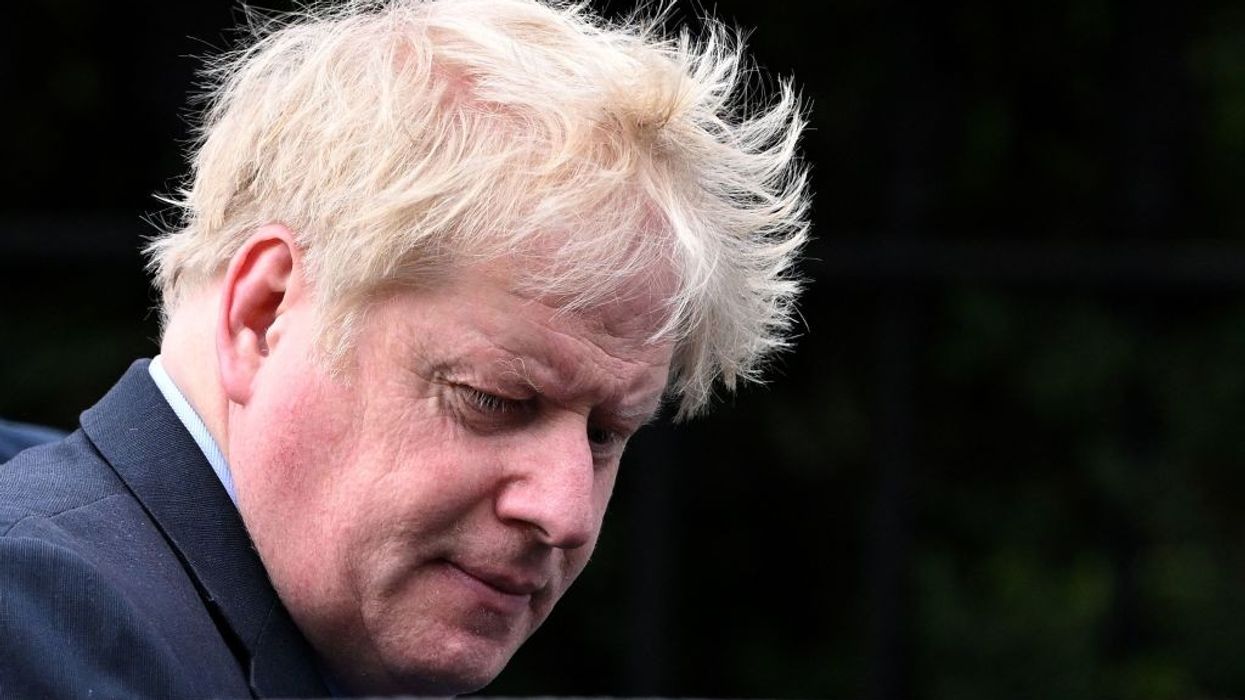Former prime minister Boris Johnson on Wednesday (22) will face tough questioning in parliament about the 'Partygate', the political scandal that led to his resignation from the post.
The outcome of this inquiry could have a significant impact on his political future. In July, as Johnson's three-year tenure at 10 Downing Street came to an end, he faced a parliamentary committee hearing while his government was crumbling due to a series of ministerial resignations.
The scandal involving repeated breaches of Covid lockdown regulations by holding parties at Downing Street was a contributing factor to the public's outrage and the resignations.
However, Johnson's supporters maintain that he was let down by fellow Tory members and are rallying behind him for his potential return ahead of the expected general election next year.
Opinion polls suggest that Johnson remains toxic for a large swathe of the electorate, and Wednesday's hearing by the cross-party privileges committee will reopen old wounds just as his successor, Prime Minister Rishi Sunak, mounts a turnaround bid.
If the committee decides that Johnson lied to parliament about the parties, it could recommend his suspension from the House of Commons.
If the full House agrees to a suspension of more than 10 sitting days, that could trigger a special election for his northwest London seat, if enough voters demand one.
This month, the committee found in an interim report that Johnson should have known the rules were being flouted.
It released previously unseen photographs and also published WhatsApp messages showing senior aides struggling to come up with a public justification for the parties.
Hours before Wednesday's televised hearing, it published a larger 110-page bundle of evidence.
It includes a Downing Street official stating that Johnson "often saw and joined" gatherings in the complex during lockdowns and that "he had the opportunity to shut them down".
"He could see what was happening and allowed the culture to continue," the official added.
Johnson's former senior adviser Martin Reynolds also states that ahead of "Prime Minister's Questions" in early December 2021, he questioned him "whether it was realistic to argue that all guidance had been followed at all times".
Meanwhile, the evidence shows Cabinet Secretary Simon Case, Britain's most senior civil servant, denying he ever assured Johnson that Covid rules were followed at all times.
On Tuesday (21), Johnson released his own 52-page dossier detailing his belief that he was truthful when he repeatedly told parliament that all regulations were respected.
In hindsight, he recognised that he did "mislead" MPs, but only inadvertently and based on assurances given by top aides that the rules had been followed.
"I did not intentionally or recklessly mislead the House" on any date, he wrote. "I would never have dreamed of doing so."
(AFP)





